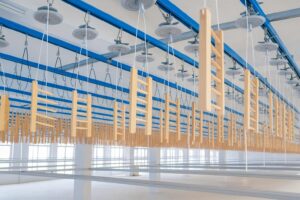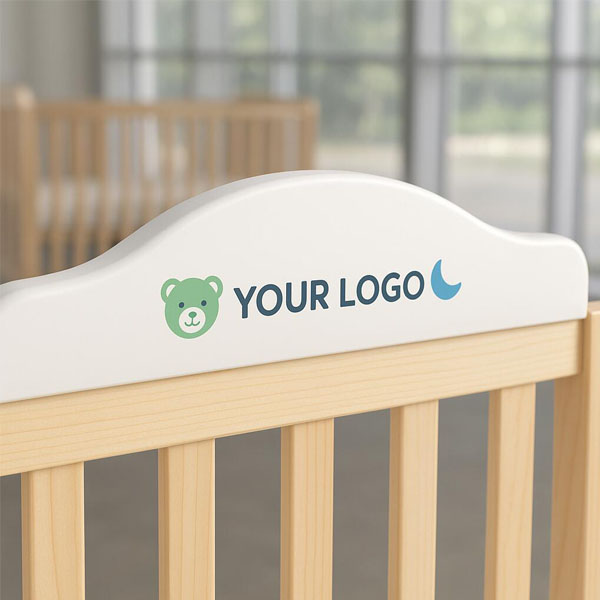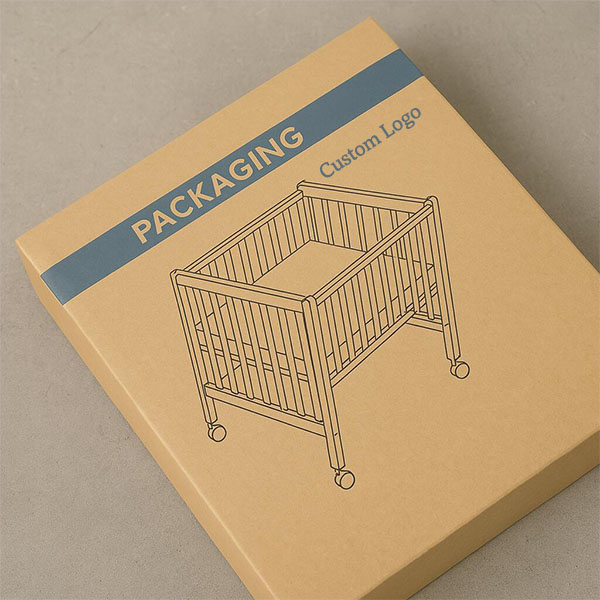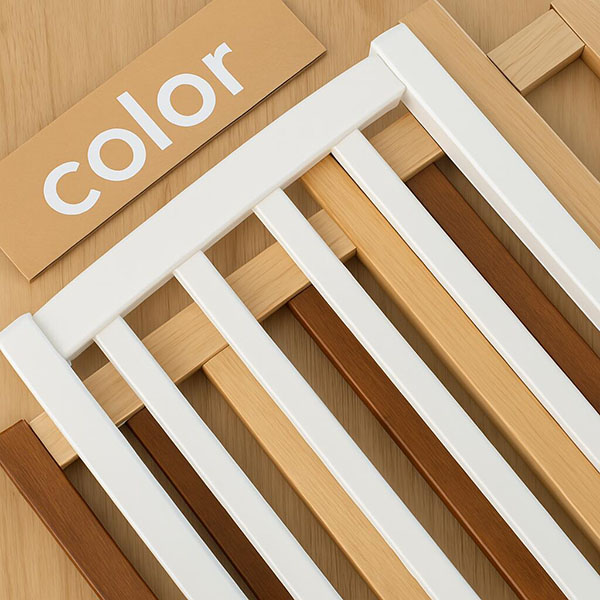The Complete Guide to Choose the Toddler Bed
Your child is growing fast—and suddenly that crib looks way too small. But choosing the right toddler bed can feel more complicated than it should.
A toddler bed is a small, low-to-the-ground bed designed for children aged 18 months to 5 years, often with side rails for safety and crib-compatible mattresses.
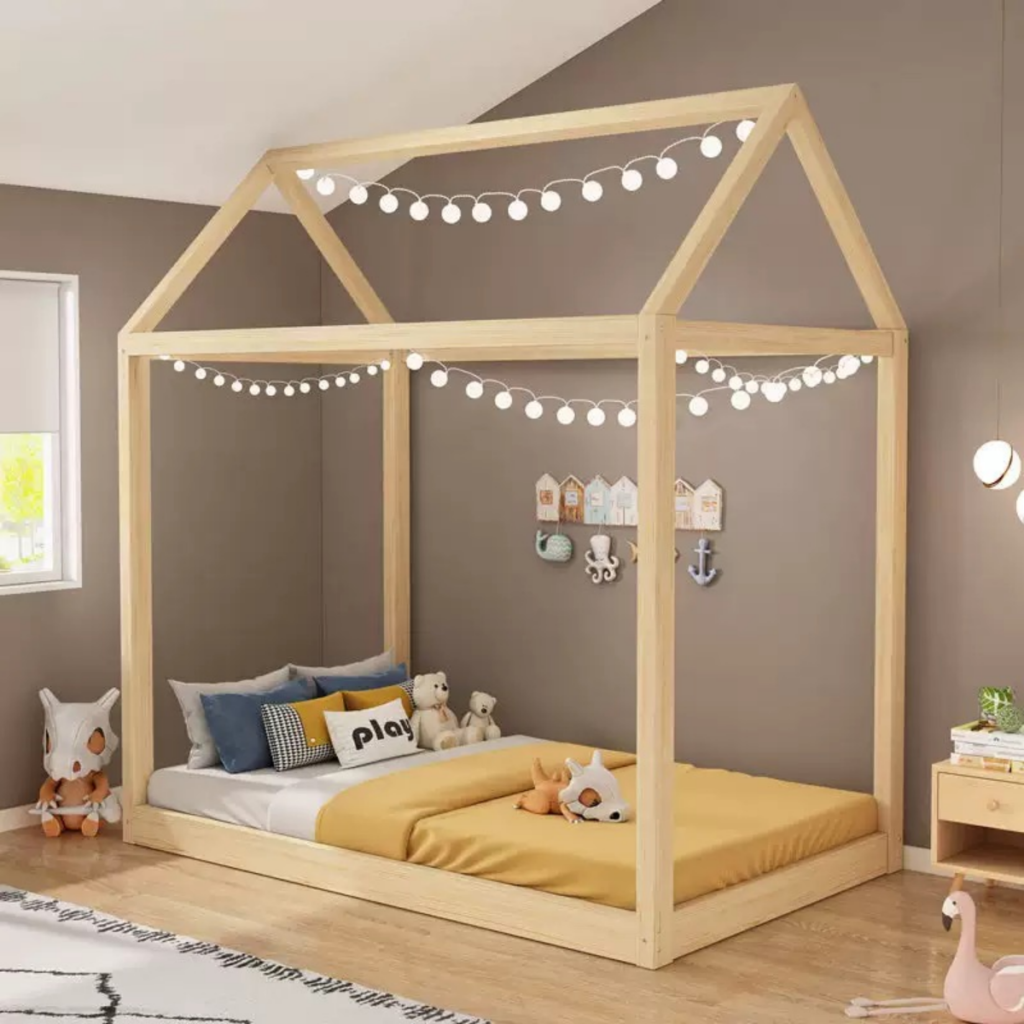
If you’re transitioning from crib to big-kid bed, this guide will help you pick the best toddler bed for your child, your space, and your peace of mind.
When should you switch to a toddler bed?
Don’t rush it—but don’t wait too long either.
Most children move to a toddler bed between 18 months and 3 years old, typically when they start climbing out of the crib or need more space.
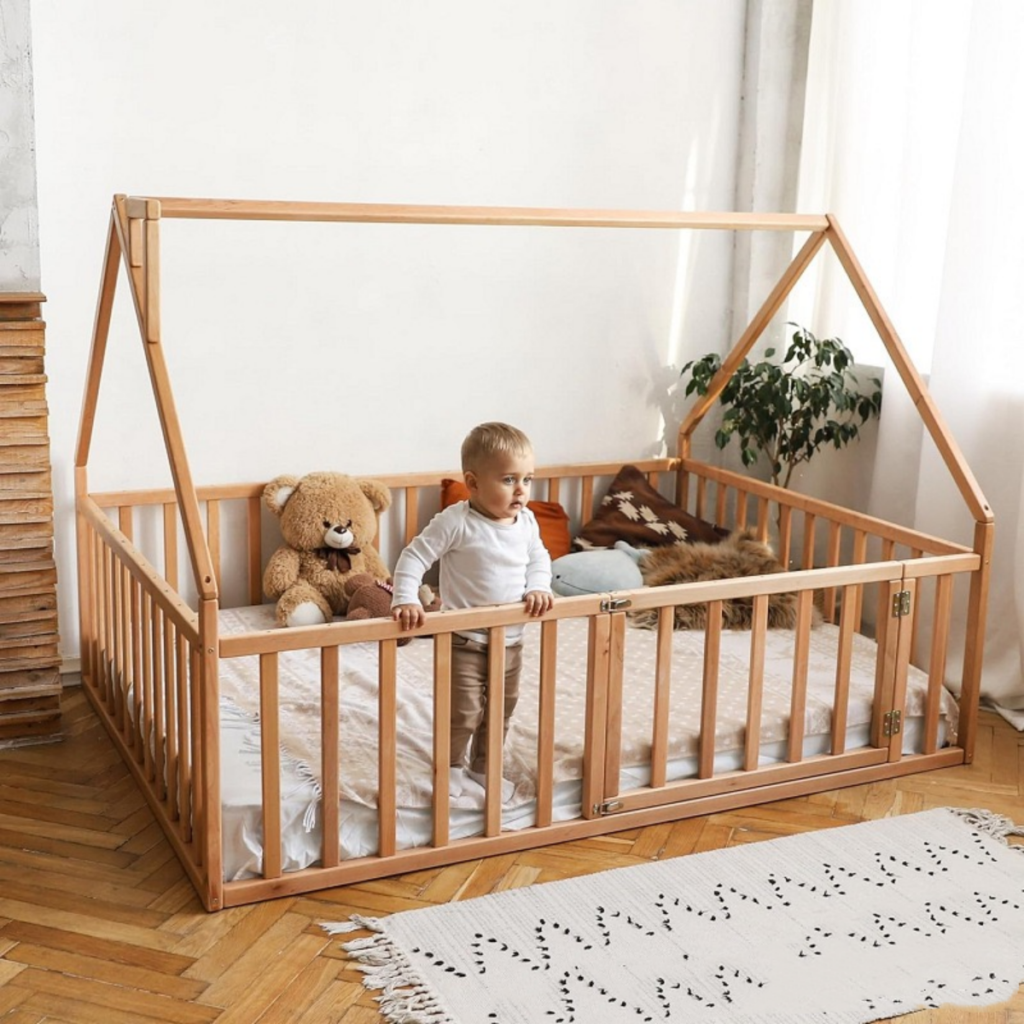
Signs it’s time to transition
I switched my son around 2.5 years old, after he launched himself out of the crib one morning. That was our cue. Other signs include:
- Climbing or attempting to escape the crib
- Outgrowing the crib’s weight or height limit
- Showing interest in independence (like getting in/out of bed)
- Starting potty training and needing quick bathroom access
The goal is to balance safety with readiness. Some toddlers adjust easily, others need a slower process.
What types of toddler beds are available?
There’s no one-size-fits-all—just what works best for your child and space.
Toddler beds come in various types, including basic frames, convertible cribs, themed beds, and floor beds for Montessori-style setups.
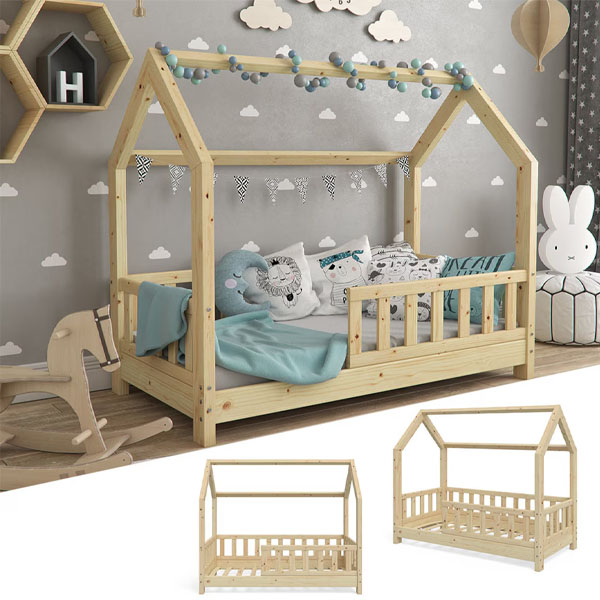
Common toddler bed styles
| Type | Description | Best For |
|---|---|---|
| Basic Toddler Bed | Low frame with guardrails, fits crib mattress | Most toddlers, small spaces |
| Convertible Crib | Crib that turns into a toddler bed | Budget-friendly, long-term use |
| Themed Bed | Beds shaped like cars, castles, etc. | Kids who love characters/themes |
| Montessori Floor Bed | Mattress on or near the floor, no frame | Toddlers needing more freedom |
I chose a convertible crib that turned into a toddler bed. It saved us money and kept the same sleep environment, which helped with the transition.
Mattress compatibility
Most toddler beds use a standard crib mattress (52" x 28"), so you often won’t need to buy a new one. Just make sure it fits snugly with no gaps around the edges.
What safety features should a toddler bed have?
Your toddler’s newfound freedom also brings more safety concerns.
Look for toddler beds with guardrails, low heights, smooth edges, and certifications that meet national safety standards.
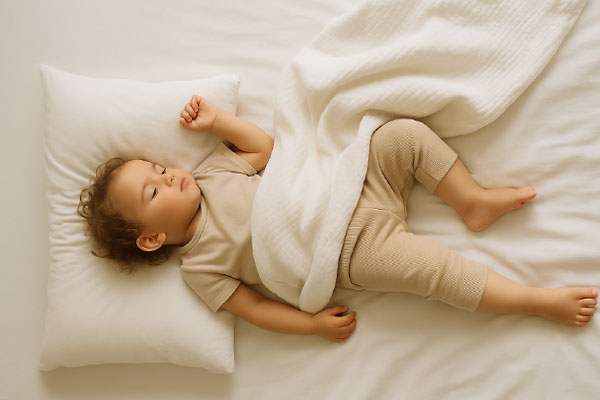
Must-have safety details
- Guardrails on both sides – to prevent rolling out
- Low profile – easy for kids to climb in/out
- Sturdy construction – avoid wobbly frames
- No sharp edges or loose parts
- Certifications – look for ASTM or JPMA standards
My son’s bed had removable guardrails. They were perfect at first, and we took them off once he was more confident moving around at night.
| Safety Feature | Why It Matters |
|---|---|
| Guardrails | Prevent nighttime falls |
| Low height | Safer for climbing in/out |
| Rounded edges | Reduces injury risk |
| Certified frame | Meets national safety standards |
How do you pick the best toddler bed for your child?
Think about your space, your child’s personality, and how long you want the bed to last.
Choose a toddler bed based on safety, durability, style, size, and whether it fits your child’s sleep habits and age.
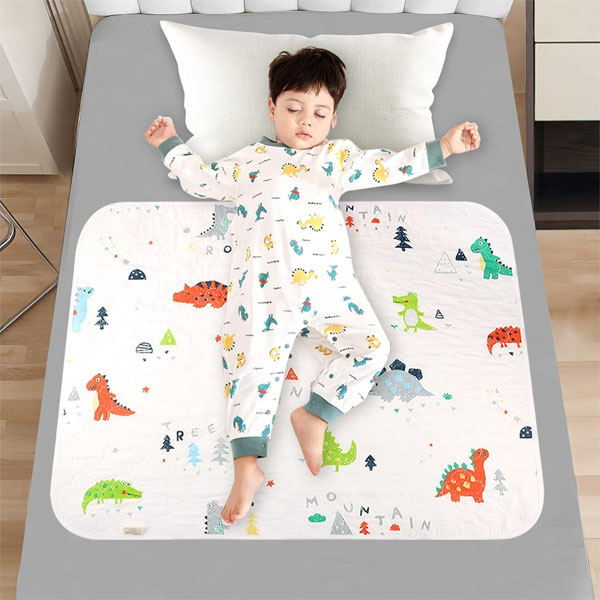
Consider the space
Measure your room. Toddler beds are smaller than twin beds and fit well in small bedrooms or shared spaces. If you’re short on space, look for models with built-in storage drawers.
Match your child’s temperament
If your child is very active, avoid beds with high sides or ladders. If they love stories or themed items, a fun character bed might help with the transition.
I noticed my son slept better once he picked out a bed in his favorite color—it gave him a sense of ownership.
Longevity and budget
Ask yourself:
- Do I want this bed to last 1 year or 3?
- Will I later upgrade to a twin or full?
- Do I want something convertible?
Sometimes, going straight to a twin bed with guardrails is more cost-effective if your child is ready.
Are there alternatives to toddler beds?
Yes—and sometimes they make more sense long-term.
Alternatives include floor beds, twin beds with rails, convertible furniture, or Montessori-style setups that grow with the child.
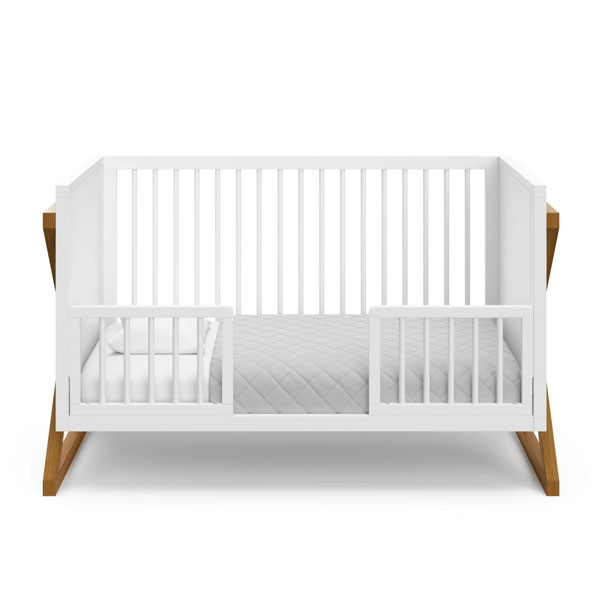
Floor beds
Popular in Montessori households, these are simply crib mattresses placed on the floor. No fall risk, total freedom. They work best when your home is already baby-proofed.
Twin beds with guardrails
Instead of buying a toddler bed, some families go straight to a twin-size bed and add side rails. This saves you from another transition a year or two later.
| Alternative | Pros | Cons |
|---|---|---|
| Floor bed | Promotes independence | No barrier = more night visits |
| Twin + rails | Long-term use | Higher off the ground |
| Convertible crib | Saves money | Smaller bed, outgrown sooner |
We upgraded to a twin bed at 3 years old. The extra space was great for bedtime stories—and I didn’t have to buy another mattress later.
What extras do you need for a toddler bed?
It’s not just about the frame—you’ll need a few more pieces to complete the setup.
You’ll need a snug-fitting mattress, fitted sheets, optional guardrails, and waterproof protectors to prepare a toddler bed.

What to include
Here’s a basic checklist:
- Crib or toddler-size mattress
- Fitted sheet (tight fit only)
- Waterproof mattress protector
- Lightweight blanket (if over 1 year old)
- Optional pillow (for 2+ years)
- Guardrails (if not built-in)
Skip large pillows, heavy quilts, or stuffed toys in the bed for safety—especially under age 2.
Conclusion
Choosing a toddler bed is all about balancing space, safety, and what makes your child feel confident. Pick a style that works for now—and makes bedtime easier for both of you.

